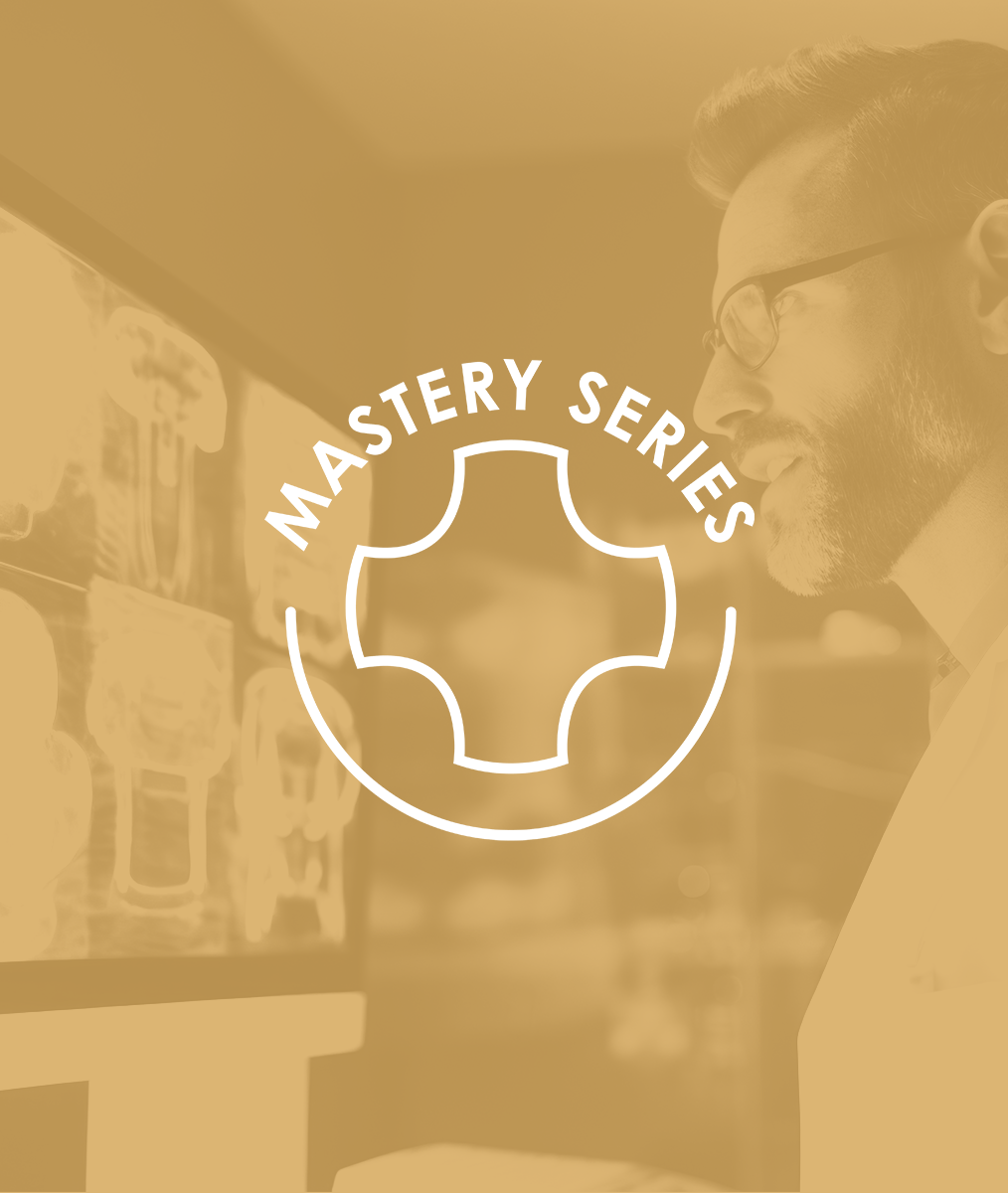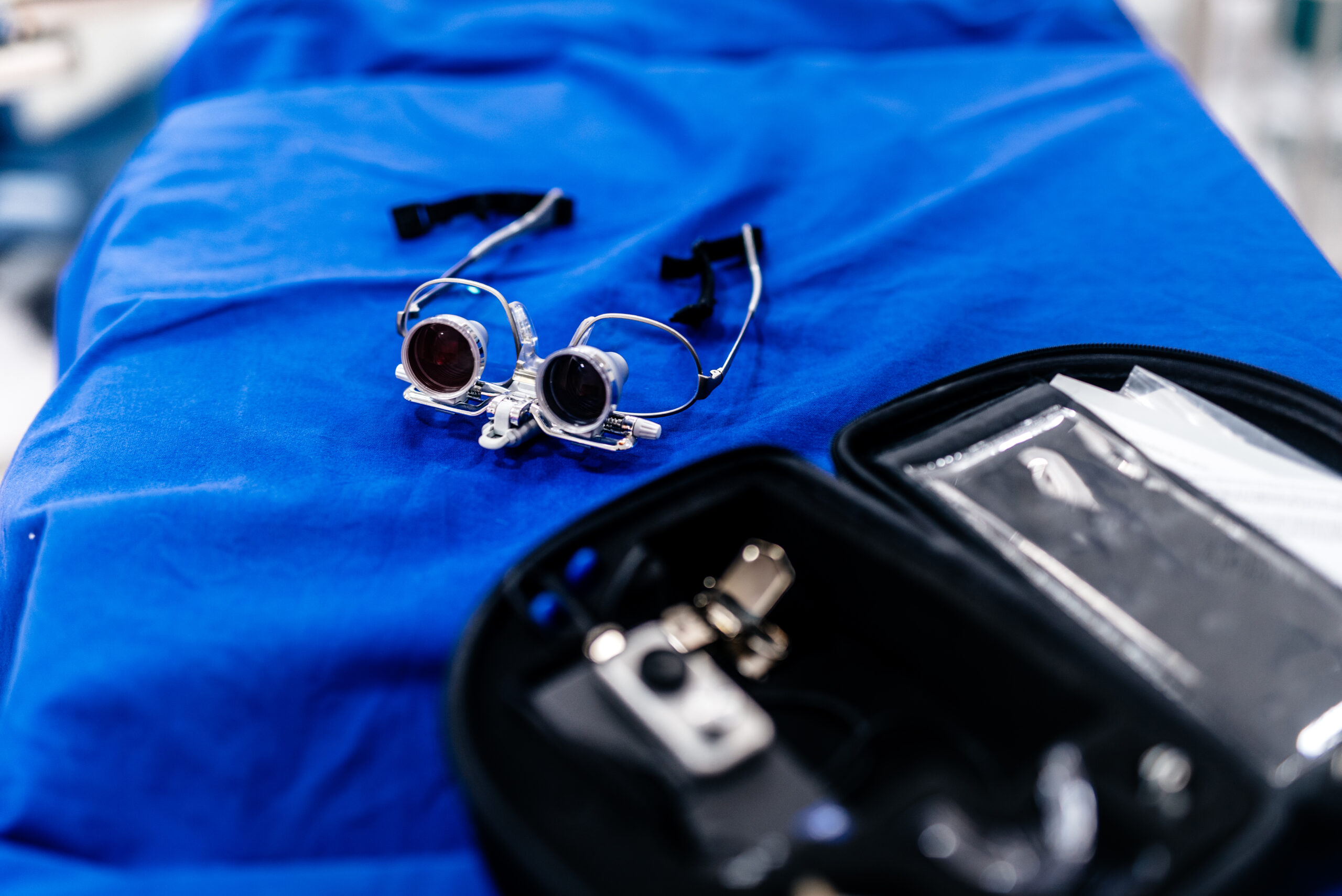
The Importance of the Pre-clinical Interview
Occasionally we discover that we are not the right dental team for a particular patient or that the patient is not looking for what we offer. This doesn’t happen very often, but it can save a ton of time and help manage expectations if we find out before doing the comprehensive exam.
When new patients come into our practice, we always begin with a preclinical interview and then proceed to do a comprehensive exam. One new patient arrived and was seated in the consultation room. I came in and started the preclinical conversation. We started talking about her health history and dental history.
As we talked about her dental history, it becomes apparent that she had a history of “fixing things as they broke.” I explained that our exam process would allow us to find and treat issues early. I tried to help her understand that treating a cracked tooth as soon as the crack is observed could save the tooth and avoid the breakage she had experienced. I described to her what the exam would include, that I would describe and show her problems I saw, and that I would explain risk factors that could develop into future problems.
She said, “I don’t want you to do that. I just want you to make sure I don’t have any cavities and that’s it.”
I said, “Well, we can certainly do that. We can look for any teeth that have a cavity. Would you like me to tell you if I see anything else going on?”
“No,” she said, “I don’t want to know any more than that.”
We talked a little longer, and I tried to understand why she didn’t want to know. I said, “You know a tooth problem is a kind of like a tiny skin cancer they burn off instead of waiting until it grows and then you need a big Mohs procedure.”
She didn’t respond, so I said, “Let’s go to the dental chair, take a look, and see what we find, and we’ll take some x-rays.”
She said, “I don’t want x-rays.”
I explained that we couldn’t accurately diagnose cavities without x-rays. She then said, “I don’t think this is the right place for me.”
Fifteen minutes into our conversation, I heard myself say, “I think you may be right. We are here to help patients improve and maintain their oral health and to avoid having bigger problems.”
Before I could continue, she interrupted me, firmly saying, “No that’s not important to me.”
My response was, “Well then, it was nice to meet you,” and I stood up to walk her to the door.
I’ve known dentists who rush right into new patient exams without conversation in which they learn if the patient is motivated to improve and maintain their oral health. I told the team to not charge her for the appointment, and I told them, “That was the best preclinical interview we ever had because we stopped wasting her time and our time.”
Fortunately, most of the new patients who come to us have “Aha” moments during the preclinical interview and comprehensive exam. They immediately understand the value of what we are striving to do and are interested in the discoveries we make during the examination. They ask questions and want to know why conditions are the way they are. They want to know what can be done to lower risk factors. They may need nurturing over multiple appointments to accept treatment but we see them making progress with their emotions and decisions to move forward. The time we take with these patients is not wasted because it is quality time during which we build mutual trust.
Related Course
Mastering Treatment Planning
DATE: October 2 2025 @ 8:00 am - October 4 2025 @ 1:30 pmLocation: The Pankey Institute
CE HOURS: 25.5
Tuition: $ 4795
Single Occupancy with Ensuite Private Bath (per night): $ 345
MASTERING TREATMENT PLANNING Course Description In our discussions with participants in both the Essentials and Mastery level courses, we continue to hear the desire to help establish better systems for…
Learn More>







Great post.
We only want to be involved with patients who are willing to take ownership for their health
Great post Daren—-the preclinical examination is the best tool we have to determine if we are a proper fit with our patients. Values mismatches are one of the biggest reasons for burnout in dentistry.
Thanks for sharing real
conversations, Darren. This post was very refreshing, compared to the fluff we are inundated with regularly. Let’s focus on those who are trying to improve themselves and hold out for those who need a new look at the opportunities our profession provides for people who have a real interest in improving their oral health.